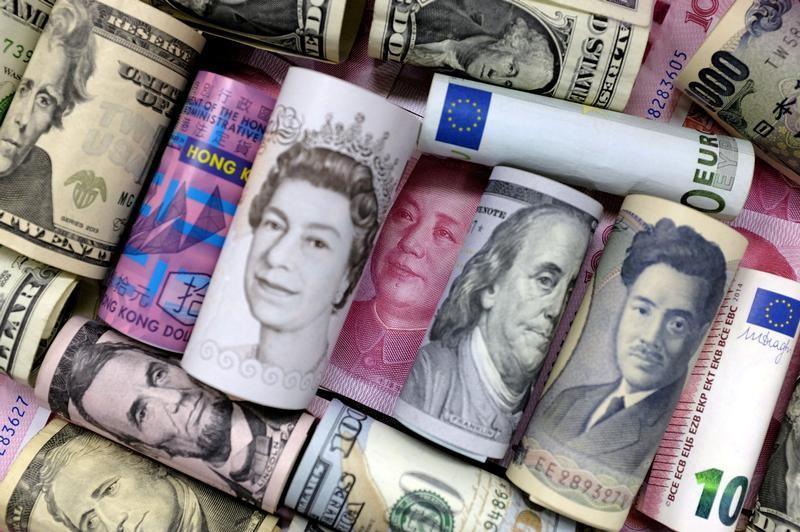Japan’s economy, which on Monday registered a contraction of minus 6.3 percent in its quarterly annualized gross domestic product (GDP) number, risks tipping into a full-blown recession as the outsized impact of a recent sales tax—and now coronavirus fears—drag on economic activity.
The figures (pdf), released by Japan’s Cabinet Office, represent the seasonally-adjusted, quarter-over-quarter, nominal growth rate, commonly known as QoQ SAAR GDP. For the 2019 October-December period, this number fell by a huge 6.3 percent, nearly double the 3.7 percent drop anticipated by markets.





